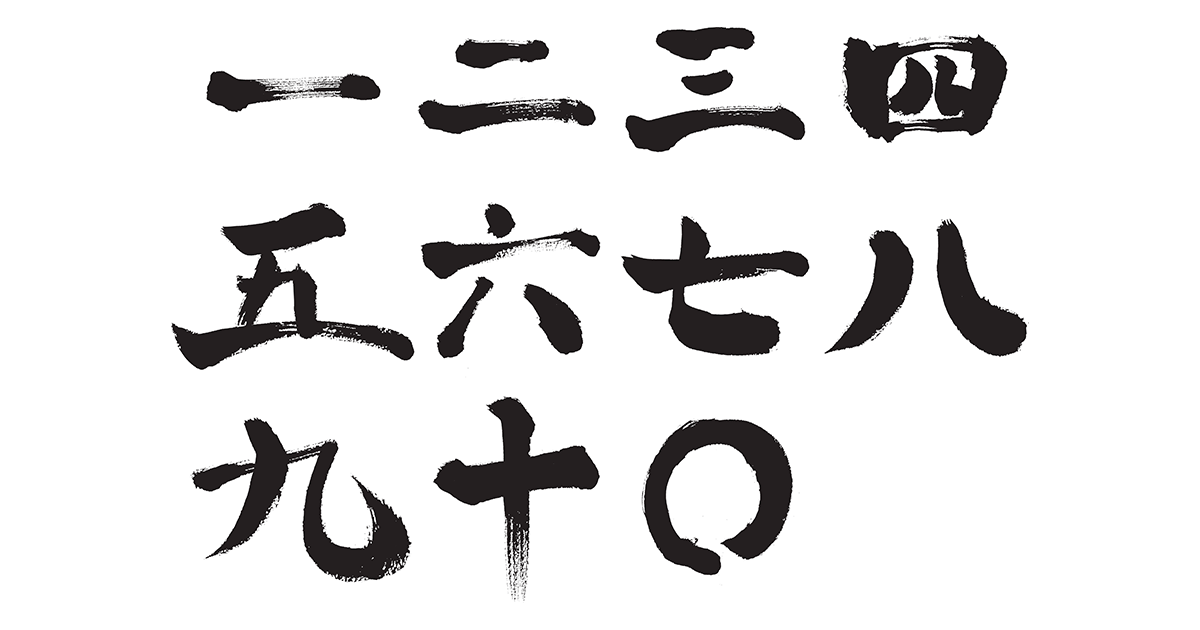
How do you say “No problem” in Japanese? “No problem” is used in many situations to calm someone down. Let’s look at how this is said in Japanese.
1. 問題(もんだい)ありません。
Mondai arimasen.
This is the most standard way of saying “no problem”. It is a polite expression and it’s not honorific. You can use this in normal conversation.
Colleague: このフォントで問題ありませんか。 Kono fonto de mondai arimasenka. (No problem with this font?)
You: はい、問題ありません。 Hai, mondai arimasen. (Yes, no problem.)
2. 問題(もんだい)ないです。
Mondai nai desu.
“Mondai arimasen” can be rephrased to “mondai nai desu”. This expression is slightly casual and more informal than “mondai arimasen”.
Colleague: このフォントで問題ありませんか。 Kono fonto de mondai arimasenka. (No problem with this font?)
You: はい、問題ないです。 Hai, mondai naidesu. (Yes, no problem.)
3. 問題(もんだい)ございません。
Mondai gozaimasen.
Change “arimasen” to “gozaimasen” in a business conversation.
Client: この納期で問題ありませんか。 Kono nooki de mondai arimasenka. (No problem with this delivery date?)
You: はい、問題ございません。 Hai, mondai gozaimasen. (Yes, no problem.)
4. 問題(もんだい)ないよ。
Mondai nai yo.
If you are talking with friends, you can switch “arimasen” to “nai” to show your friendliness and close relationship. Ending the sentence with “yo” shows your emotions better.
Friend: 明日の飲み会、彼女も一緒に連れて来ていい? Ashita no nomikai, kanojo mo isshoni tsuretekiteii? (Can I bring my girlfriend for tomorrow’s drinking session?)
You: 問題ないよ。 Mondai nai yo. (Sure)
5. 大丈夫(だいじょうぶ)です。
Daijoobu desu.
This is the killer sentence to calm the nerves of the other party. It’s easier to remember than “mondai arimasen” so be sure to use it if applicable.
Colleague: このフォントで問題ありませんか。 Kono fonto de mondai arimasenka. (No problem with this font?)
You: はい、大丈夫です。 Hai, daijoobu desu. (Yes, no problem.)
6. 大丈夫(だいじょうぶ)。
Daijoobu.
Try using this when talking with friends. Adding a different suffix shows your feelings much better, such as “daijoobu dayo” (male/female speech), or “daijoobu yo” (female speech).
Friend: 明日の飲み会、彼女も一緒に連れて来ていい? Ashita no nomikai, kanojo mo isshoni tsuretekiteii? (Can I bring my girlfriend for tomorrow’s drinking session?)
You: うん、大丈夫だよ。 Un, daijoobu dayo. (Yeah, no problem.)
7. OKです。
OK desu.
Adding “desu” to the English “OK” makes “OK desu” a Japanese-English expression. Using just the word “OK” may sound a bit rude so only use this among close friends and family members. If it’s “OK desu”, you can use it in a normal conversation. Still, it is too casual when you are meeting a client for the first time or in formal business situations, so please take note. It is written as 「オーケー」”ookee” in katakana.
Colleague: このフォントで問題ありませんか。 Kono fonto de mondai arimasenka. (No problem with this font?)
You: はい、OKです。 Hai, OK desu. (Yes, no problem.)
8. どういたしまして。
Dooitashimashite.
A: Thank you so much!
B: No problem!!
“No problem” here actually means “you are welcome” (dooitashimashite).
Junior: この資料ありがとうございました。 Kono shiryoo arigatoo gozaimashita. (Thank you for the materials.)
You: どういたしまして。 Dooitashimashite. (No problem/You are welcome)
9. ノープロブレム。
Noopuroburemu.
“No problem” is largely accepted as it is as a Japanese expression. In this case, the English expression is denoted as it is in katakana. “ハロー Haroo (Hello)”, “サンキュー Sankyuu (Thank you)” and “ノープロブレム Noopuroburemu (No problem)” are often used in conversations. However, use them only in casual conversations between close friends. They are not suitable for business or formal situations.
Friend: 明日の飲み会、彼女も一緒に連れて来ていい? Ashita no nomikai, kanojo mo isshoni tsuretekiteii? (Can I bring my girlfriend for tomorrow’s drinking session?)
You: ノープロブレム! Noopuroburemu!
Using “no problem” effectively will assure the listener and enable smooth communication. Do try the different variations in Japanese.






